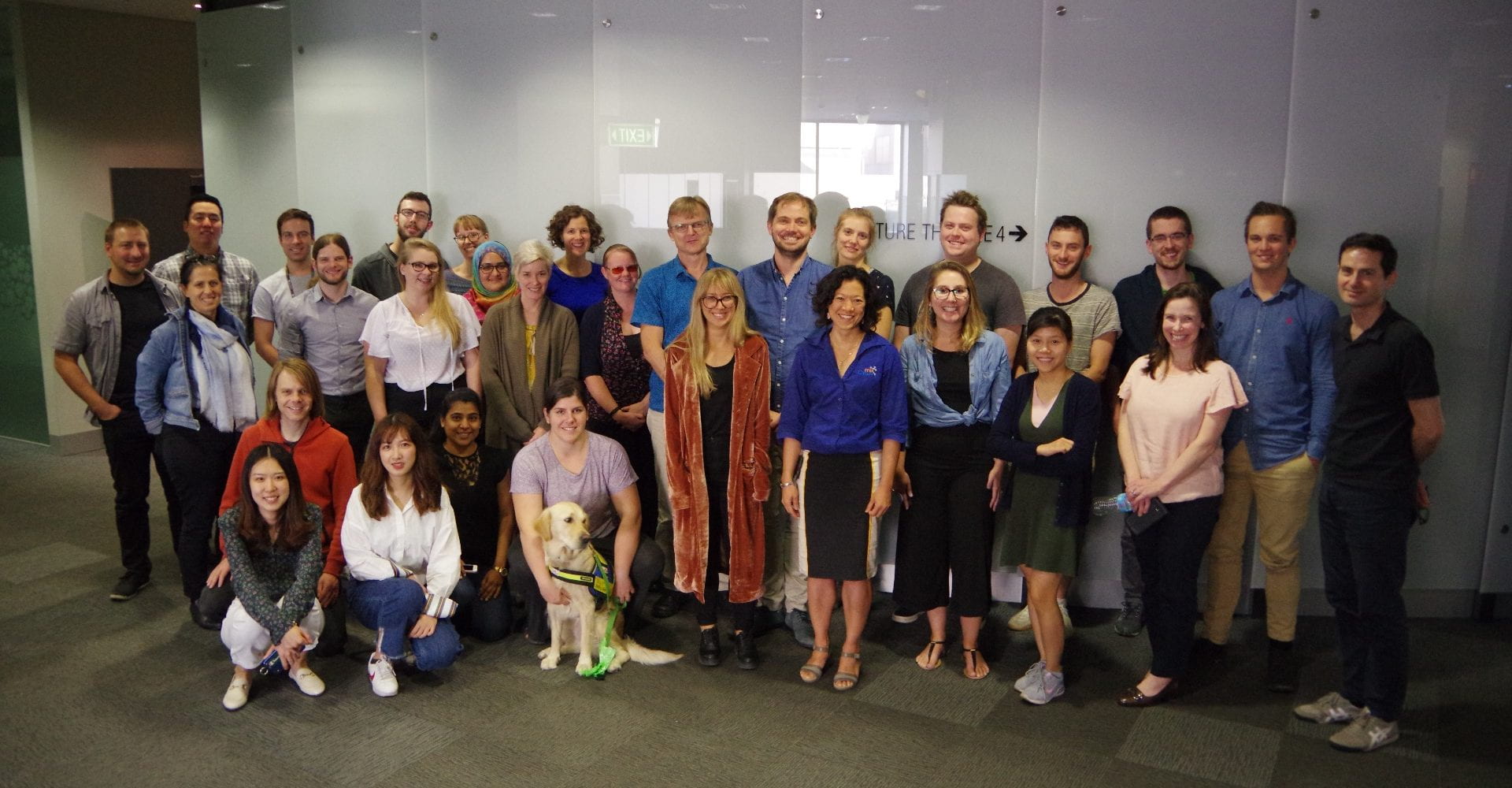
Empowering researchers to understand microbiome data for frontier projects
The recent mixOmics workshop empowered Australian microbial ecologist researchers with necessary analytical tools to analyse their complex data and enable them to explore and accelerate discoveries towards these new frontier technologies in sustainability.
Dr Kim-Anh Lê Cao, senior lecturer in the School of Mathematics and Statistics, and French collaborators Dr Olivier Chapleur and Ms Laetitia Cardona, have successfully prepared and run their first multivariate data analysis workshop for microbiome data. The workshop is part of a long-term international collaboration initiated in 2017.
Complex microbial networks have a central role in the provision and regulation of ecosystems inspiring multiple microbial biotechnologies applications which aim to contribute substantively to global efforts to achieve sustainability, through purification of wastewater, waste valorisation, bioremediation strategies and bioenergy production.
Understanding key environmental factors that shape microbial communities is crucial to optimize such future biotechnological advances.

The objective of this workshop was to empower Australian microbial ecologist researchers with necessary analytical tools to analyse their complex data. The new skillsets they acquired will enable them to explore and accelerate discoveries towards these new frontier technologies and build capacity in best practice statistical analysis.
The three-day workshop was held on 15th-17th April 2019 at the University of Melbourne and was attended by 30 participants, including 21 postgraduate students, eight postdoctoral fellows and one lecturer, from Melbourne institutions including University of Melbourne, Baker and Burnet Institutes, Deakin University, Murdoch Children’s Research Institute, RMIT, Swinburne University, Monash University and Walter and Eliza Hall Institute of Medical Research, and elsewhere including University of Newcastle, University of Sydney and Charles Darwin University.
The workshop was taught by Dr Lê Cao, Dr Chapleur, Ms Wang and Ms Cardona, a multi-disciplinary team of statisticians and microbiologists. The third day was particularly appreciated by the participants as they were given the opportunity to ‘bring their own data’ and analyse them using new tools they were introduced to in the previous days. The workshop facilitators have since followed up with some of the participants to discuss their ongoing analyses of data.
This initiative has created new opportunities for collaborations with several of the attendees, and also strengthened links with the Environmental Microbiology Research Initiative (EMRI) at University of Melbourne. Thank you to all our sponsors, The Australia-French Association for Research and Innovation, EMRI and Melbourne Integrative Genomics.
